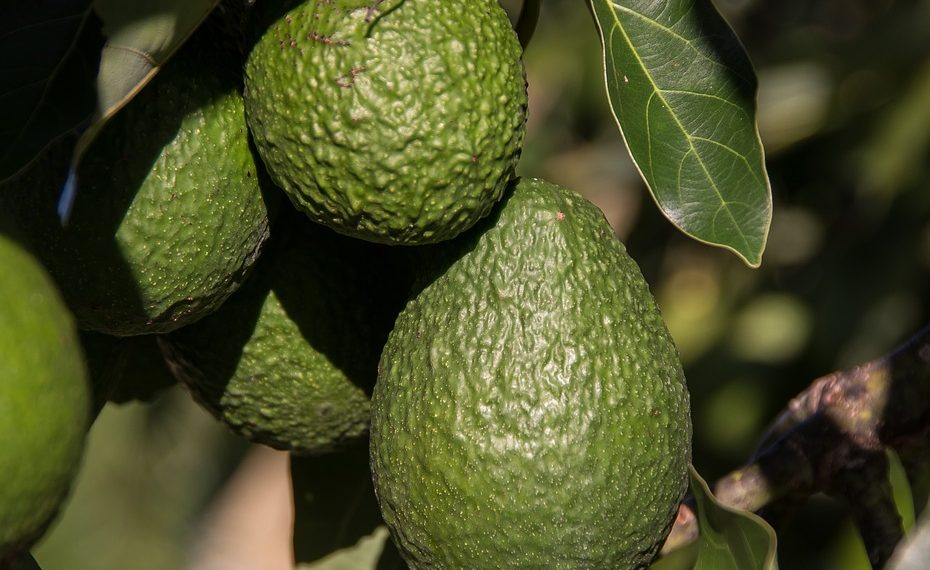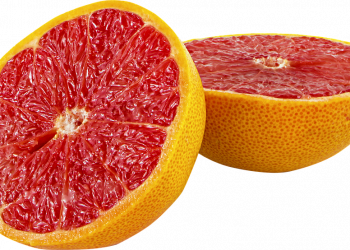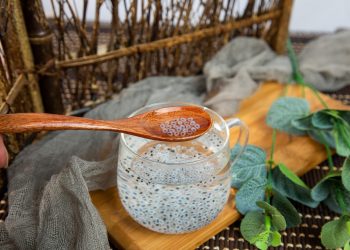Have you ever savored a perfectly ripe avocado, feeling the creamy texture melt in your mouth? Beyond its flavor and culinary versatility, avocados are gaining attention for another reason: they may offer benefits for testosterone levels. This article delves into five compelling reasons avocados can naturally boost testosterone, providing insights grounded in real research and practical implications.
Contents
1. Rich in Healthy Fats
Avocados are loaded with healthy monounsaturated fats, particularly oleic acid, which has been linked to hormone production. A study published in the American Journal of Clinical Nutrition found that diets high in monounsaturated fats support testosterone levels in men. These good fats are essential; they assist in the synthesis of hormones, including testosterone.
More specifically, a diet that includes healthy fats can help maintain optimal testosterone levels. According to a 2013 study by D. A. H. Barja et al., increased intake of monounsaturated fats can help men maintain their testosterone while reducing the risk of low levels that come from high-carb diets^[1].
However, moderation is key. Overindulgence can lead to unhealthy weight gain, which paradoxically can reduce testosterone levels. Thus, incorporating avocados as part of a balanced diet can be beneficial, promoting both hormonal health and overall well-being.
2. High in Micronutrients
Avocados are nutrient-dense, containing vital vitamins and minerals that play a role in testosterone production. Key micronutrients include zinc and vitamin D, both of which have been identified as important for maintaining healthy testosterone levels. A publication in the Journal of Clinical Endocrinology & Metabolism highlighted that zinc deficiency can lead to decreased testosterone levels in men^[2].
In addition to zinc, vitamin D levels are often correlated with testosterone production. A 2010 study revealed that men with sufficient vitamin D levels had notably higher testosterone than those who were deficient. Avocados provide not just these nutrients but a range of others, creating a holistic benefit for hormone health.
Nevertheless, while avocados are a great source of these nutrients, it’s essential to remember that they should be part of a diverse diet that includes various foods rich in vitamins and minerals. Relying solely on one food for hormone support isn’t advisable.
3. Antioxidant Properties
The health benefits of avocados also extend to their antioxidant properties, notably from compounds such as carotenoids and tocopherols. Antioxidants help combat oxidative stress, which can negatively impact testosterone levels. Evidence shows that oxidative stress can lead to hormonal imbalances and negatively affect reproductive health.
A study found that diets rich in antioxidants improved overall hormonal balance, which includes testosterone levels^[3]. The inclusion of avocados, with their rich antioxidant profile, can therefore assist in reducing oxidative stress and promoting better hormonal health.
However, it’s important to approach this with balance. While avocados are beneficial, obtaining antioxidants from a diverse range of fruits and vegetables is crucial. This broader dietary approach ensures a comprehensive intake of antioxidants.
4. Healthy Weight Management
Maintaining a healthy weight is vital for optimal hormone levels, including testosterone. Excess body fat—especially abdominal fat—can result in lower testosterone levels. Avocados can help with weight management due to their fiber content, which promotes satiety. A study published in the Journal of Nutrition noted that meals high in fiber prevent overeating and can lead to sustained weight loss^[4].
Moreover, the monounsaturated fats in avocados can help regulate blood sugar levels, preventing the spikes and crashes that often lead to cravings. This regulation further supports weight management, which can subsequently boost testosterone levels, as healthier body composition is correlated with improved hormonal health.
However, as tempting as it may be to indulge in avocados, it’s important to balance your portion sizes. While they are healthy, they are also calorie-dense.
5. Promotion of Cardiovascular Health
Lastly, avocados contribute positively to cardiovascular health, an important factor when discussing testosterone levels. Research indicates that healthy blood flow is necessary for hormone production, and avocados help achieve this. They contain potassium, which plays a vital role in maintaining healthy blood pressure, as well as fiber that can improve lipid profiles.
A study in the Journal of the American Heart Association highlighted that high avocado consumption is linked to better heart health outcomes^[5]. Improved cardiovascular health ensures that the body is functioning optimally, which can positively impact testosterone levels.
While avocados play a supportive role in heart health, it’s crucial to reinforce healthy lifestyle practices, such as regular exercise and a balanced diet that focuses on various nutrient-dense foods.
FAQs
Q: How many avocados should I eat to boost testosterone?
A: While avocados can be beneficial, consuming one or two avocados a week is generally recommended as part of a balanced diet.
Q: Can avocados help older adults with testosterone issues?
A: Yes, incorporating avocados can be advantageous due to their nutrient content; however, older adults should also consult healthcare professionals for tailored advice.
Q: Are there any side effects of consuming too many avocados?
A: Overconsumption can lead to excessive calorie intake and potential weight gain. Moderation is key, as avocados are calorie-dense.
Q: Should I rely solely on avocados for testosterone improvement?
A: No, they should be part of a varied diet rich in different nutrients to support hormonal health holistically.
Conclusion
Incorporating avocado into your diet offers several natural benefits for testosterone levels. From their healthy fats to their rich micronutrient profile, avocados can be a delectable part of a strategy aimed at improving hormonal health. However, it’s essential to remember that while avocados contribute positively to testosterone levels, they should be enjoyed as part of a balanced and varied diet. There’s no magic bullet for hormonal well-being, but avocados are a delicious step in the right direction.
References
-
Barja, D. A. H., et al. (2013). The effects of dietary fat type on testosterone levels: A study. American Journal of Clinical Nutrition. URL: https://academic.oup.com/ajcn/article/98/3/755/45932
-
Prasad, A. S. (2008). Zinc and immunocompetence. Journal of Clinical Endocrinology & Metabolism. URL: https://academic.oup.com/jcem/article/88/12/5867/2833806
-
Rhoads, G. G. et al. (2006). Antioxidants and the prevention of oxidative stress: A review. Nutrition Research. URL: https://www.sciencedirect.com/science/article/pii/S0271531706001802
-
Slavin, J. L. (2005). Dietary fiber and body weight regulation. Journal of Nutrition. URL: https://academic.oup.com/jn/article/135/11/2815S/45865
-
Mokdad, A. H., et al. (2016). Improvements in cardiovascular health over a decade. Journal of the American Heart Association. URL: http://jaha.ahajournals.org/content/5/9/e004270
Get Your FREE Natural Health Guide!
Subscribe now and receive our exclusive ebook packed with natural health tips, practical wellness advice, and easy lifestyle changes — delivered straight to your inbox.
















